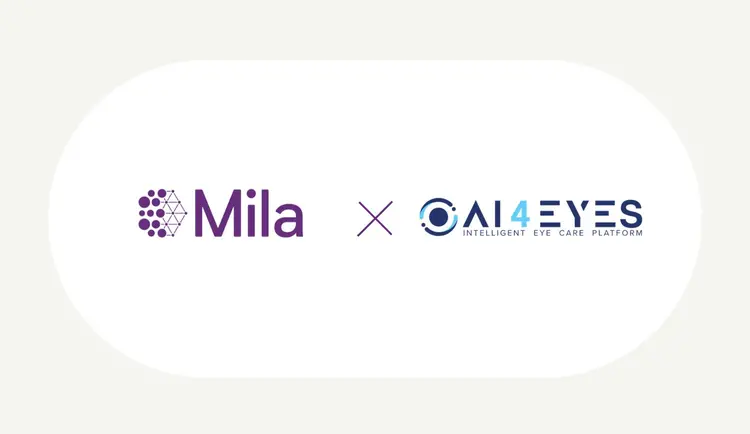
Mila and UNESCO have joined forces to launch a call for proposals to identify blind spots in AI policy and programme development. The collective work will explore creative, novel and far-reaching approaches to provide world leaders, policy-makers and civil society members with perspectives that will be critical to ensure the development of AI reaches its full potential in accordance with ethical values and human rights.
Over the next decade, the AI revolution, driven by the exponential growth rate of machine learning, will have a significant impact on society and the workplace. As such, the goal of this collaboration is to transcend disciplinary and geographical borders to establish a global dialogue on ethics and human rights, and to advance a common strategy for the responsible development of AI. The project will be led by Benjamin Prud’homme (Executive Director, AI for Humanity) and Catherine Régis, (Full Professor, Faculty of Law, Université de Montréal) from Mila, while Sasha Rubel (Programme Specialist, Digital Transformation and Innovation) will head this project for UNESCO.
“Working towards the development of fair and inclusive AI is at the heart of Mila’s mission,” said Mr. Prud’homme. “We are therefore proud to work with UNESCO to explore innovative approaches toward responsible AI.”
To harness AI for the good of people and the planet, we need to build an AI ecosystem as diverse and inclusive as the societies we aspire to create, where everyone has a seat at the table when it comes to designing policies and programmes. To do this, we are happy to collaborate with Mila to shed light on blind spots in AI and to reflect on how to co-create a future that is tech-enabled but human-centred — Sasha Rubel, Programme Specialist, Digital Transformation and Innovation, UNESCO
What are the blind spots on which we must shed light in order for AI to benefit all?
To answer this question, Mila and UNESCO invite academics, civil society representatives, artists and innovators to submit their transformative ideas and contribute to this far-reaching collective work. These initiatives must remain flexible enough to embrace the many forms that innovation may take in the years to come.
“This collective work will offer a pluralistic, informed and critical approach to the blind spots in the AI lifecycle to feed public debates and the development of norms in this field,” highlighted Professor Régis. “The views of many actors with varied disciplinary and professional backgrounds will intersect to amplify the scope and relevance of the knowledge produced, which is an essential condition for a 360-degree conception of responsible AI."
Proposals can address 1) blind spots in the development of AI as a technology 2) blind spots in the development of AI as a sector, and 3) blind spots in the development of public policies, global governance, and regulation for AI. Proposals can be in creative formats, and the call for proposals is open to individuals from all academic backgrounds and sectors.
To submit a proposal, please fill out the survey in English or French here.
For more information:
Calls for proposals are open until May 2, 2021.
Selected proposals will be confirmed by May 25.
Final proposals, if in written format in either English or French, should be between 5000-7000 words and should be written in a style that is accessible to non-AI specialists and received by September 1, 2021.
To ensure inclusivity and a diversity of voices, for accepted contributions outside of academia, authors may request financial support available on a needs-based basis up to 1000 USD.





